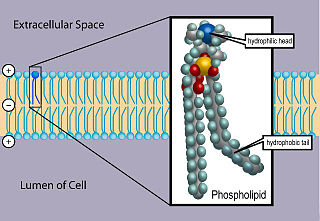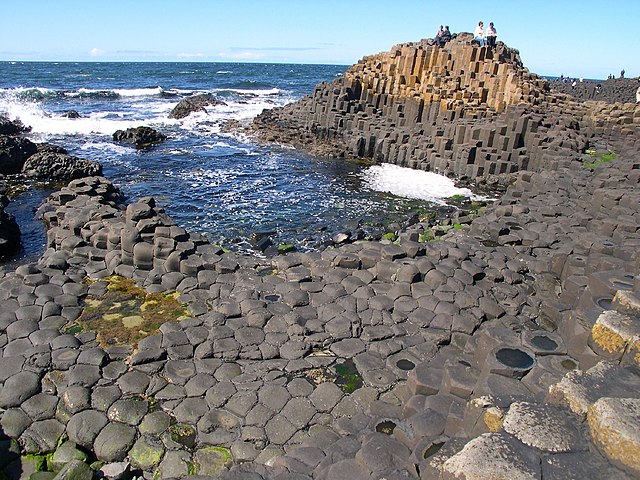Self-organization
process of creating order by local interactions From Wikipedia, the free encyclopedia
Remove ads
Self-organization is a process where some form of order arises out of a random system. The process is spontaneous: it happens on its own. It is not directed or controlled by any agent inside or outside the system.




Self-organization occurs in a variety of physical, chemical, biological, social and cognitive systems. A common example is crystallization. An example from biological chemistry is the lipid bilayer, which is the basis of the cell membrane, and so is of great importance.
Many self-organizing things have properties which are "emergent". What this means is that one can't predict what will happen, usually because the possibilities are too many to study. Some examples:
- Protein folding: after RNA translation, proteins fold themselves up into their working shape. For every protein there are one or two shapes which are stable, but it is almost impossible to predict the folding from the sequence of amino acids.[1]
- Liberal economic theory argues that free market economies create a spontaneous order, "a more efficient allocation of societal resources than any design could achieve". Friedrich Hayek.[2]
This is the concept of the "invisible hand" (Adam Smith in The Wealth of Nations). By acting on information with greater detail and accuracy than is possible for any centralized authority, a more efficient economy is created to the benefit of the whole society.[3]
Remove ads
References
Related pages
Wikiwand - on
Seamless Wikipedia browsing. On steroids.
Remove ads
